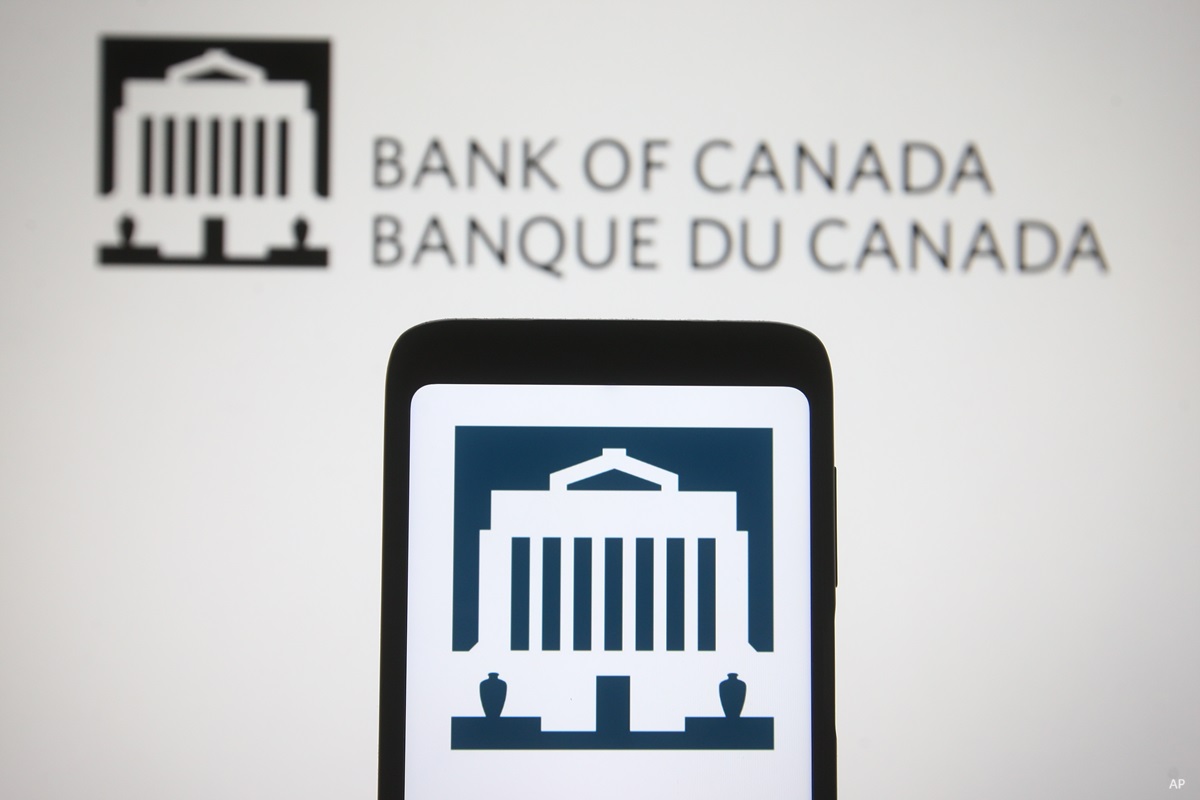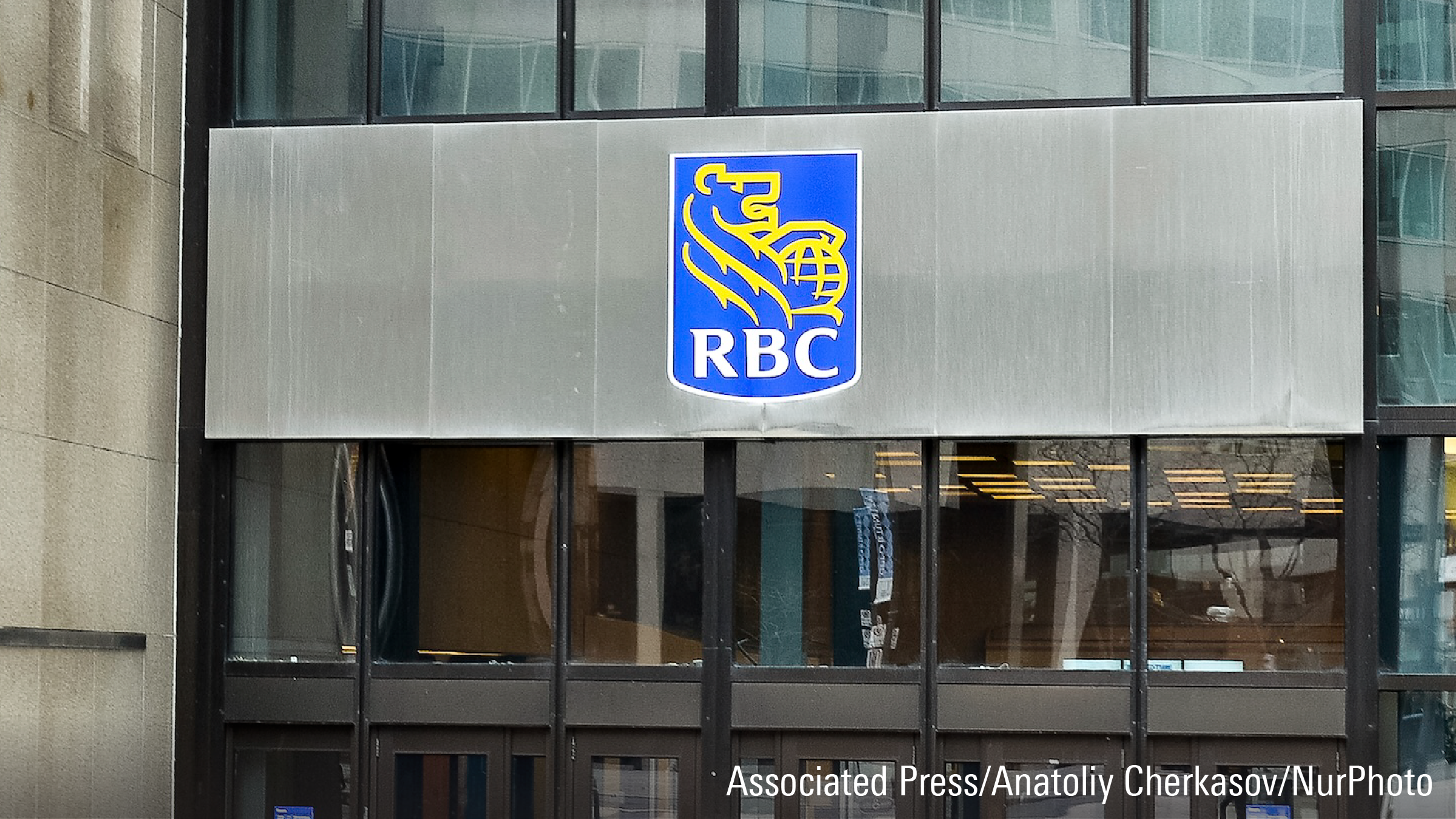Ruth Saldanha: One could make the argument that the Canadian finance advice industry is broken, or at least flawed. A recent research paper found that advisors typically invest personally as they advise their clients, which means they trade frequently, chase returns, prefer expensive actively managed funds and under-diversify. And this questionable advice isn't cheap. Our recent global investor experience study found that in the case of commission-based advice 70% of funds sold had an asset weighted median of over 2%, which actually is an improvement. So, where do we go from here? Dan Hallett, VP and Principal at HighView Financial Group is here with us today to discuss it.
Dan, thank you so much for being here today.
Dan Hallet: It's a pleasure.
Saldanha: So, first, do you believe that Canadian investors get the value that they deserve from their advice?
Hallet: That's really a tough one to answer. And I'm not saying that because I'm trying to be diplomatic. Anecdotally, I know that a lot of advisors work hard for their clients and provide a lot of advice beyond just the investment product recommendations. However, we know that most of the cost of advice is built into the products and those costs are on the high side for sure. So, it's really difficult. And the interesting thing is, you would think that maybe high net worth investors, say, $500,000 or more for portfolio size, would allow them to get access to better advice. And yet, I've seen a lot of instances, again, anecdotal, where they're getting, I would say, poor advice, where they're getting slotted into a single balanced fund – this is for a high six figure portfolio – maybe getting good service, and people like the relationship, but they're really not getting great advice. So, it's difficult to kind of gauge that. And the other thing is, I hear from people when they're not getting good advice. So, I don't know who, at least from my anecdotal experience, it's difficult to find examples of where people are really, really happy because they don't call me in that instance.
Saldanha: Do you think things are changing or evolving? And if so, do you think they're moving in the right direction?
Hallet: Definitely evolving. I think that's always been the case throughout my career. So, yes, things are evolving. I think competitive pressures remain constant. I think where they're coming from is always changed a bit. Regulatory initiatives are causing price pressure, and then you've got competition on the product side causing pressure. And I think the last part will be competitive pressure on the advice or distribution side. I think that's what we're starting to see. And we'll see a lot more of that.
Saldanha: One of these challenges is the launch of robo-advisors, which now seems to be challenging high fee existing practices. Do you see human advisors also evolving to kind of match that model a little bit?
Hallet: I think they'll match it in a sense that they'll leverage that technology to their benefit, and I think we're seeing a lot of that already, where technology is being used to handle smaller or perhaps simpler situations. But I don't believe that robos will displace humans. And I know it's often thought of that the millennial is sort of flocking to the robo. And maybe there's some truth to that. But I do think that a lot of people just prefer to have a human interaction. And you're just not going to get that at a robo. I know you have the option of doing that. But if you have – if you're serving – if you think of a robo, and they're serving 100,000 investors, for example, they might have 10 registered people. Those are not ratios that are going to provide personal service for very many. But there are others that probably like the idea of not leaving their home and not having to sit across from somebody and some people maybe don't like that interaction. Because some of us all sound the same. So…
Saldanha: What are some of the questions that investors should ask to make sure that they get the best value from their advisors?
Hallet: Well, there's probably a lot of questions they could ask before they engage an advisor. But once they're in that relationship, they're probably fewer questions that you can ask because you're already finding out what the level of service is, what their process is. I think some of the questions would be aimed at some of the things that they don't see. So, things like, what's your due diligence process for selecting the products that I have in my portfolio, what's your process on an ongoing oversight basis. So, anything that you can think of along those lines that would be more behind the scenes activity, how often do you monitor my portfolio, how do you do it, are you using like an Excel spreadsheet, are you doing it ad hoc, do you have a professional system. Those are the sorts of things that I think would be more helpful once you're already in a relationship with an advisor.
Saldanha: Thank you so much for joining us today, Dan.
Hallet: Thank you.
Saldanha: For Morningstar, I'm Ruth Saldanha.



















